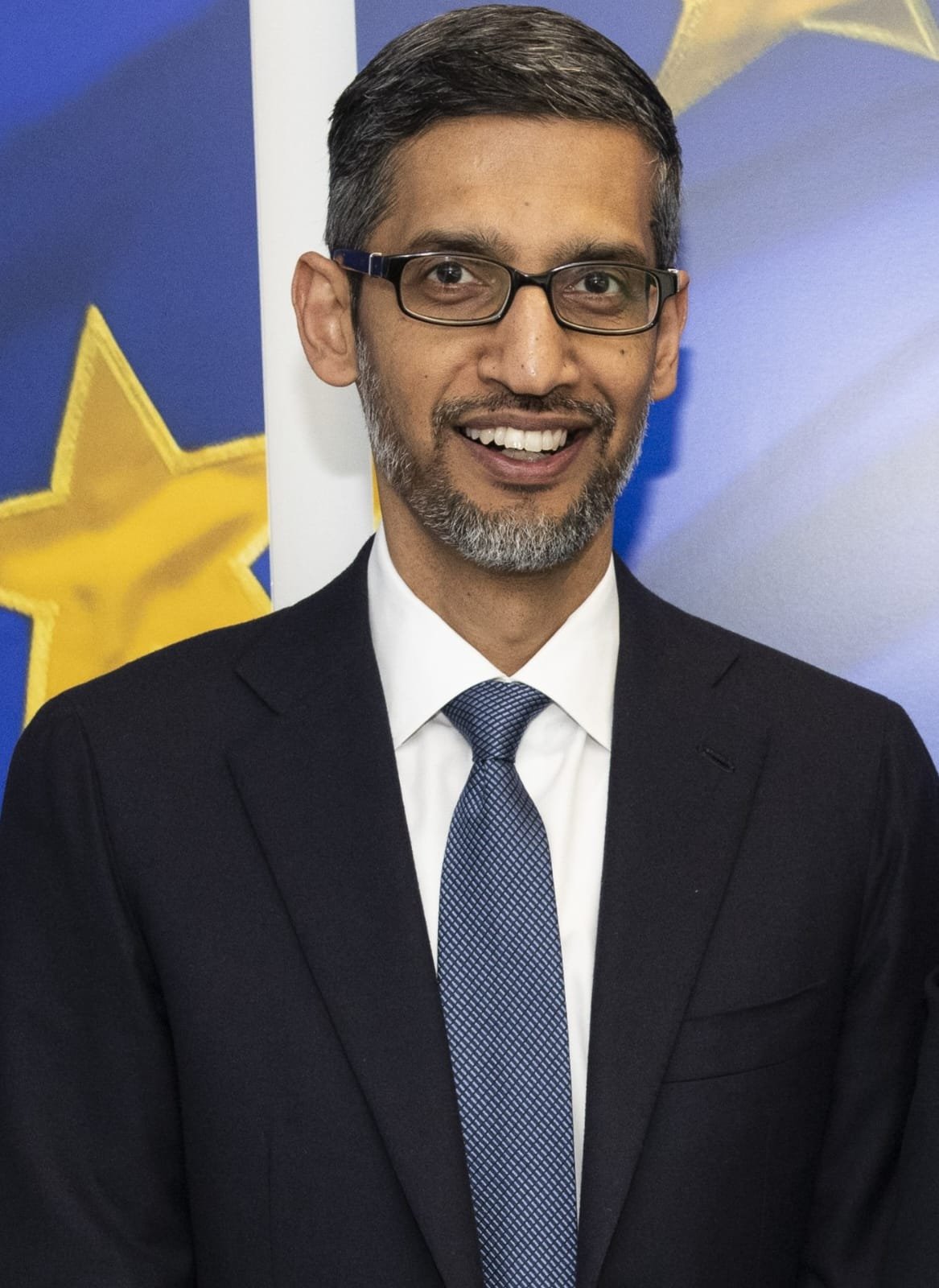
At this year’s Google I/O in Mountain View, one message stood out with unmistakable clarity: artificial intelligence is no longer just a tool you use; it is becoming the layer that connects everything you do. Google’s Gemini project represents this shift, emerging not as a single product, but as an ecosystem-wide AI assistant that anticipates user needs, understands context, and works seamlessly across apps, devices, and tasks.
Gemini is Google’s most ambitious attempt yet to place artificial intelligence at the center of human-computer interaction. From searching the web to scheduling events, from creative tasks to technical ones, the Gemini experience is being woven into Search, Workspace, Android, iOS, and beyond. Sundar Pichai, CEO of Google and Alphabet, described this as a new phase in the AI platform shift, where years of research are becoming accessible realities for individuals and businesses alike.
One of the core principles driving Gemini’s development is universality. The goal is not to build a niche AI, but one that is personal, proactive, and powerful, as explained by Demis Hassabis, CEO of Google DeepMind. He emphasized that recent updates to Gemini are designed to unlock its ability to act on users' behalf across a wide range of devices, platforms, and environments. In other words, Gemini is not just intelligent; it is situationally aware and increasingly independent.
A key differentiator for Gemini is its foundation in the Gemini 2.5 model, which brings enhanced reasoning and contextual understanding to everyday tasks. Users can rely on it to code in real time, generate podcasts, design images using the Imagen 4 model, or organize large volumes of information. With the addition of Canvas, users can now collaborate with the AI visually, planning and brainstorming in a shared workspace that learns from their inputs.
Google has also introduced Project Astra, an effort to infuse AI with deeper situational awareness. Astra enables the assistant to interpret what users see on their screens and predict what action they might need next. In another complementary innovation, Project Starline reimagines communication using realistic 3D video, with precision motion tracking set to debut later this year on HP devices.
Another standout development is Gemini Live. Now available for both Android and iOS users, this feature allows real-time screen and camera sharing. It enables scenarios like planning events with friends by simply discussing them out loud. Gemini Live listens, understands, and creates the necessary calendar entries, map routes, and reminders instantly. It is not just responding to instructions but participating in conversations and outcomes.
Google is also looking to integrate Gemini across Maps, Keep, Tasks, and other apps, ensuring that the AI is present wherever the user is. This tight integration points to a future where users can shop, research, write, and plan without jumping between apps. Gemini handles the transitions and assists in maintaining context and continuity.
The broader AI landscape remains fiercely competitive. Google estimates that ChatGPT, from rival OpenAI, had 600 million monthly users as of March, while Meta AI is approaching 500 million. However, Gemini’s cross-platform reach and deeper integration into Google’s core services give it a structural advantage. Already, Gemini powers apps with over 400 million active users and is supported by a global network of 7 million developers.
What sets Gemini apart is Google’s commitment to developing AI agents that are not just responsive but also proactive collaborators. Project Mariner, another Google initiative, explores the future of human-agent interaction. These agents will soon be capable of managing different types of tasks with minimal input and maximum contextual awareness.
Gemini is not positioned as a futuristic fantasy or a limited productivity tool. It is being designed as an everyday partner, equally at home managing your calendar or helping you create a podcast. If Google succeeds in its vision, Gemini will not simply be another app. It will be the thread that quietly connects every digital moment in your day.





















